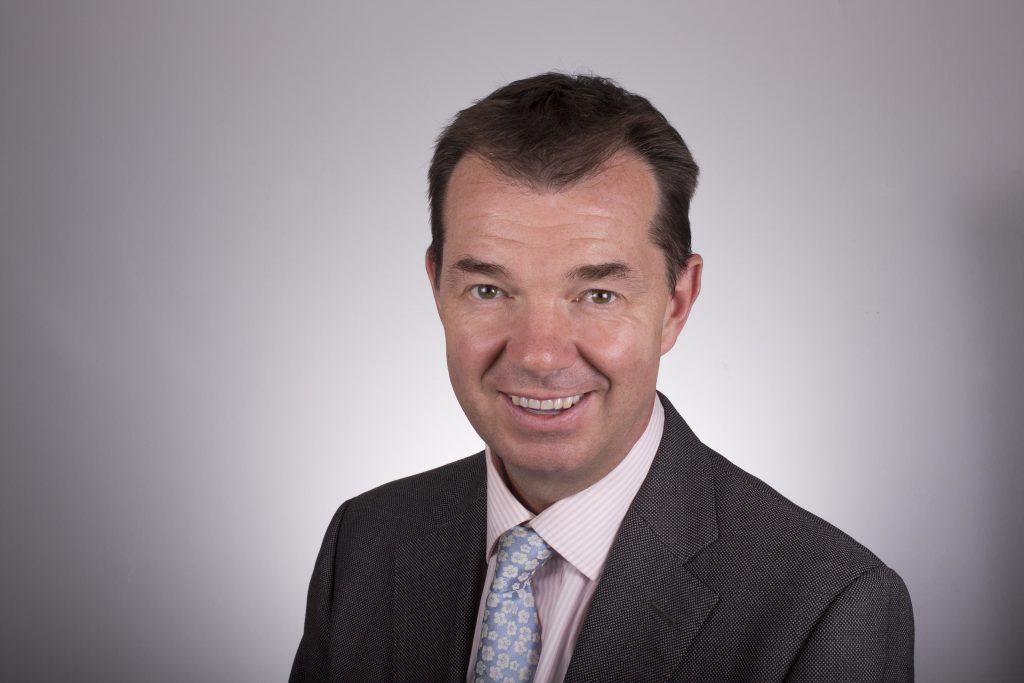The 0.75 per cent workplace pensions charge cap will be amended to allow performance fees for illiquid assets under proposals published by the Department for Work and Pensions (DWP) today.
The DWP says the proposals give trustees of occupational DC pension schemes, more flexibility to access less liquid investment classes which could improve the retirement prospects of their scheme members.
The proposal was first floated by Chancellor Rishi Sunak in the Spring 2021 Budget, which launched the consultation: ‘Incorporating performance fees within the charge cap’.
The government argues that access to the most illiquid, higher risk but potentially highest potential gross return investments, such as venture capital and other forms of private equity, can currently typically attract a performance fee. The reasons cited by investment managers for these higher fees is that such costs are often justified by the superior returns that may be achieved and that the investments can often involve specialist active management, extensive research, niche expertise and greater ongoing engagement with business managers.
The most common structure is the combination of a fixed annual management fee, paid regardless of return, and a performance-based element which is payable upon returns exceeding a certain “hurdle rate”. This is often referred to as ‘carried interest’ and appears mainly in closed-ended fund structures with fees crystallised at the end of the life of a fund but accrued at intervals across the investment period.
Performance fee charges are highly unpredictable given fluctuating performance, varying accrual periods and the potential for frequent member movement. This means that calculating the performance fees payable by an individual member can prove difficult for trustees.
The DWP has consulted on a change to regulations which makes it less likely that the charge cap would be breached by allowing the smoothing of performance fees over multiple years, although says this will be removed if it decides to remove performance fees from the charge cap altogether.
Current regulations allow two different methods – retrospective and prospective – for calculating the charges that can be imposed on members for the given charges year. Both methods require the level of charges for that year to be based on the costs and charges the scheme pays in the given charges year. The government had proposed that trustees and managers should be able to ‘swap out’ the charge figure for a 5-year moving average of accrued performance fees. However, consultation respondents argued this approach would have little effect, and instead called for illiquids’ performance fees to be removed from the charge cap altogether.
If the DWP decides performance fees are to be removed from the charge cap, the new rules will take effect from October 2022.
Guy Opperman MP, Minister for Pensions and Financial Inclusion says: “We are proposing to increase the flexibility trustees have to access a range of assets whilst ensuring members are protected from predatory charges.
“In the last few months, the government, alongside industry and regulators, has made significant steps towards addressing the barriers to investment in long-term illiquid investments in the UK. In September 2021, the latest milestone was achieved with the publication of the final report of the Productive Finance Working Group.
“As the Chancellor announced at Budget, we are now consulting on this new policy. Proposals outlined in this consultation focus on removing well-designed performance-based fees from the list of charges which are subject to the regulatory charge cap.
“We believe that this change will give schemes the flexibility and freedom to pay performance-based fees, if they think this will be in the financial interest of members. At the same time, it is essential that members continue to be protected. As I reaffirmed in January 2021, the charge cap continues to serve an important role.”
Aegon pensions director Steven Cameron says: “Today’s consultation from the DWP is a further sign of the Government’s determination to leave no stone unturned as it seeks to encourage DC pensions to unleash their investment super power and invest more in illiquid assets. This is clearly a central plank of plans to build Britain back better and it’s appropriate to enable trustees and pension scheme governing bodies to explore all approaches to generating better member outcomes through enhanced investment returns. Variable investment performance fees clearly don’t sit well with the fixed charge cap of 0.75 per cent for auto-enrolment default funds. The DWP is proposing replacing its first attempt at solving this, which was to allow averaging over 5 years, with a bolder proposal to remove well-designed performance fees entirely from the charge cap.
“As the paper admits, there is no silver bullet solution to solving all issues with illiquid investments and the Government is already advancing other ways of generating greater illiquid investment including a drive towards smaller schemes consolidating into larger schemes with the scale to consider such investments.
“One of the key outstanding issues is how to manage liquidity where there are withdrawals from a fund invested partly in illiquids. Members of DC pensions fully expect to be able to switch funds, transfer schemes or access their benefits flexibly from age 55 and won’t be prepared to wait out any notice period. So even if charge cap concerns are addressed, trustees still face pricing and liquidity challenges.
“There are also big questions over what a well-designed performance fee looks like and how that might change with market conditions over time. And with an additional requirement to disclose any such fees to members, trustees will need to be confident they can justify the approach they’ve taken and that any investment makes sense from a risk reward perspective.”
